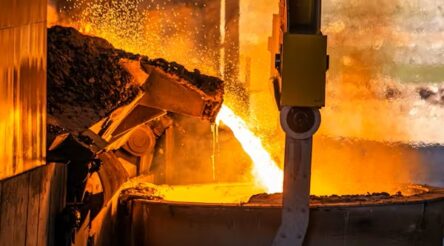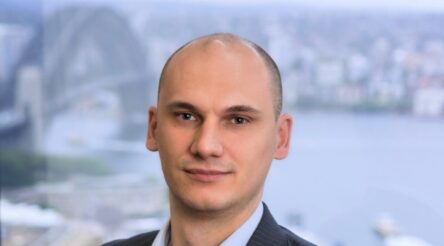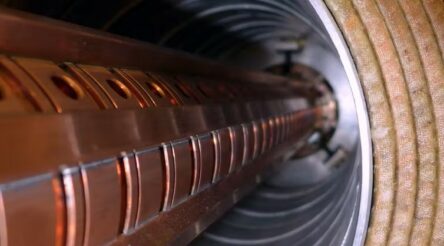Holden pivot wins for Walkinshaw
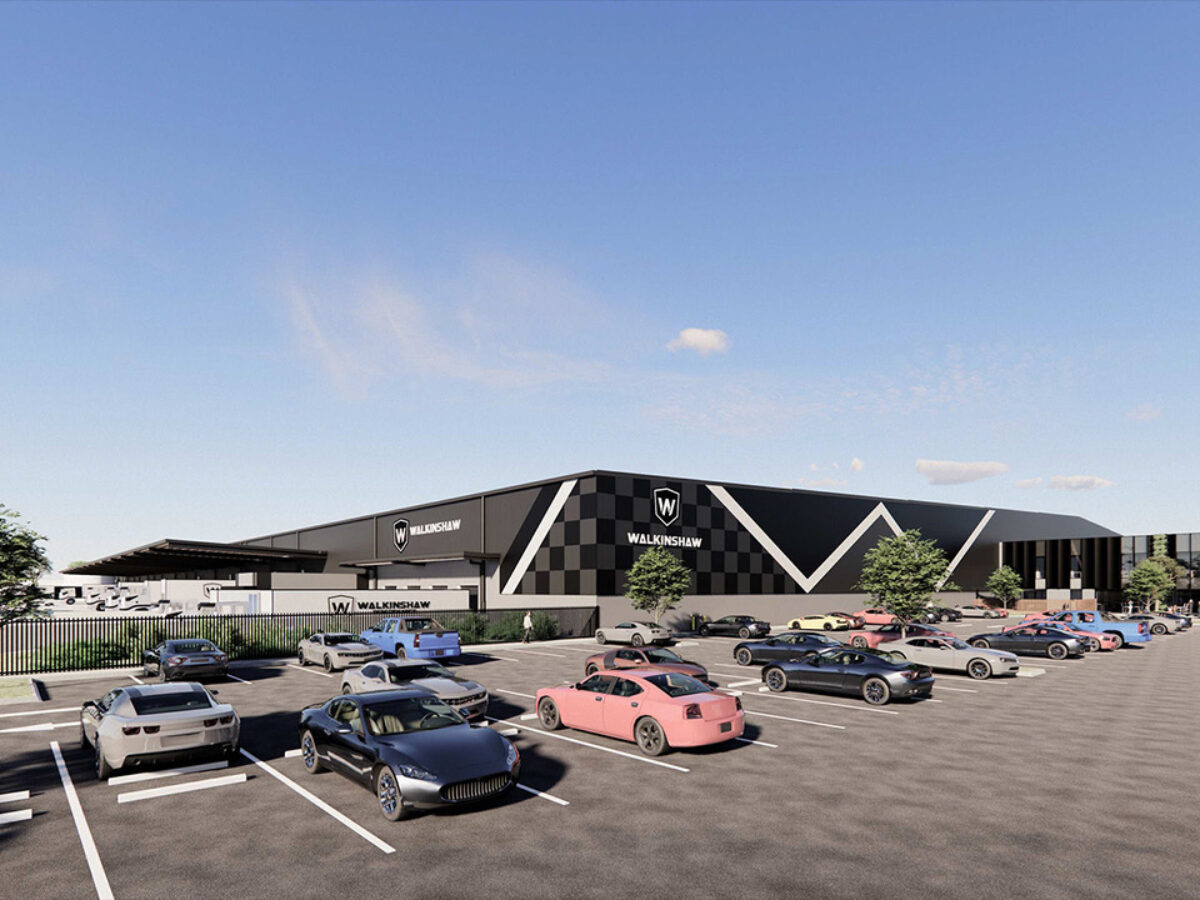
By Paul Gover
The one-time crown jewel of the Holden world has been transformed into the future of car-making in Australia.
Walkinshaw Automotive is now a ‘remanufacturing’ powerhouse with direct links to six major carmakers – and more on the way.
Its core business is right-hand drive conversions of full-sized pick-up trucks from the USA, but it also does enhancement work for a number of smaller one-tonne utes.
Walkinshaw Automotive is also Australia’s second-largest caravan brand, after Jayco, through its New Age caravan division and does a range of behind-the-scenes research-and-development projects for offshore companies.
It all adds up to a clear Number One position in the Australian automotive landscape, based on employment, output and turnover.
“We’ve obviously grown a lot from when we were doing Holden Special Vehicles. We had around 300 employees (then) and we’ve grown to around 1,500. So huge growth here,” company CEO, Ryan Walkinshaw, said.
“And we’ve gone from producing 2,500 units a year to over 13,000.”
The company is not remotely done yet, with plans for a giant new headquarters in Melbourne that will bring the whole Walkinshaw operation under a single roof for the first time. There was a high-profile ground-breaking ceremony earlier this year, but Walkinshaw is not prepared to provide any real detail.
He also refuses to discuss the company’s turnover, or the investment in a vast new manufacturing site.
“It’s a lot. It’s a scary number, but it makes sense financially,” he says of the new site.
So, is it into the billions?
“No, thankfully. It’s naturally going to be a little bit daunting, because there is always uncertainty on what the future looks like. But we have confidence in what we are and we’ve got long-term programs with our customers.”
Walkinshaw is the second-generation head of the company business, having taken over from his late father Tom who began under the TWR banner with everything from Le Mans victories for Jaguar to the HSV road car business and the factory-backed Holden Racing Team in V8 Supercars.
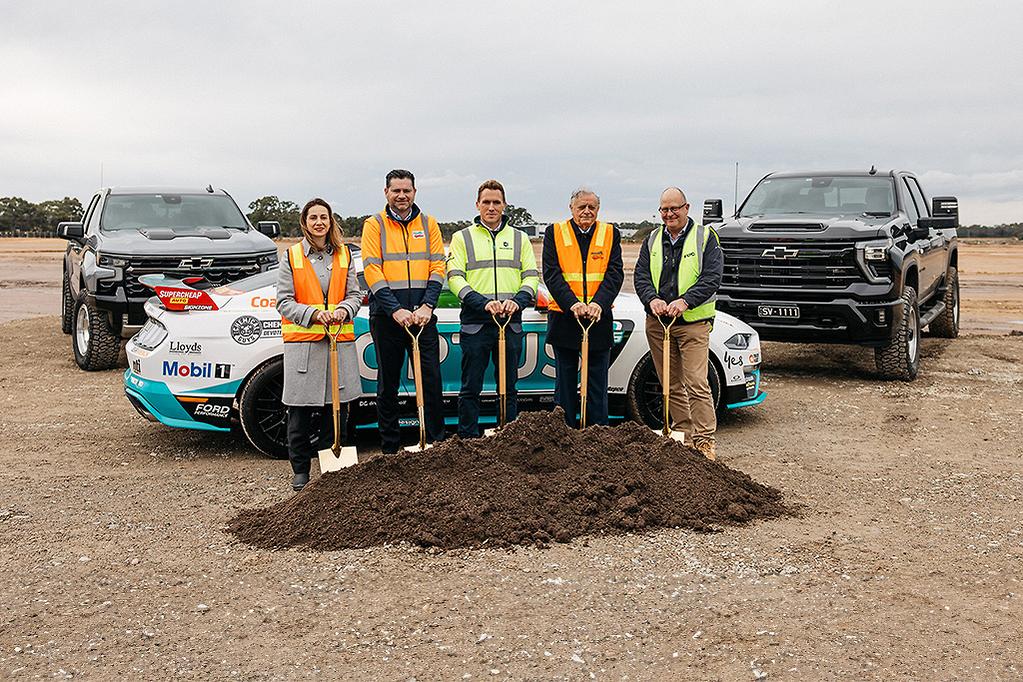
He has the same in-your-face approach to business as his father, although Tom preferred short-sleeved shirts and looked more like a British butcher than a 21st century motoring magnate.
Ryan Walkinshaw splits his time between the UK, his home base in the Monte Carlo tax haven, and Melbourne. He always knows exactly how many days he can spend down-under before getting into trouble with the ATO.
But his jet-setting lifestyle, and his regular appearances at Supercars racing as the head of Walkinshaw Andretti United, are all part of the success of Walkinshaw Automotive.
“We’ve basically a mini car company,” said Walkinshaw.
“We’ve had spectacular growth over the last five or six years. There is no-one else in the world that really is capable of doing what we do.
“We’ve come a long way from when we were simply doing HSV for Holden. I’d say we’re one of – if not the best – design, engineering and manufacturing businesses for niche automotive programs in the world.
“Now we’re working with multiple different brands, doing uplift work and also doing left to right-hand drive conversions for most of the largest automotive manufacturers on the planet.”
The roster for those brands has just grown to include Toyota, thanks to a right-hand drive program on the giant Tundra pick-up truck that’s priced from $155,000 in Australia.
Walkinshaw Automotive began the ‘remanufacturing’ work with RAM trucks, and also does conversions for General Motors on its Silverado.
Its other brand connections are with Mitsubishi, Isuzu, and Volkswagen, although those are smaller programs with far less complication.
Walkinshaw refuses to count Ford, although the company races Mustangs in Supercars, but he says there are others in the future.
“When those programs are announced, we’ll be announcing them,” he said.
Although Walkinshaw is partnered on a range of similar programs, from right-hand drive re-manufacturing to vehicle upgrade packages, each one is operated from an individual silo.
“We don’t have any cross-contamination between engineers. We are very, very strict on how we manage our customers' IP (Intellectual Property).”
 It’s one key to a success which continues to build.
It’s one key to a success which continues to build.
“What we’re already seeing is a lot of our customers are coming up with new programs in EV and hydrogen that we haven’t done previously, and we’re working on those sorts of things.
“For us, you’re going to be working on products that have been developed by our customers. The motor manufacturers are never going to run out of products.
“We’ll just be working on different products in the future than we work on today.”
So, although no-one builds complete cars in Australia any more, after the federal government ended its support, Walkinshaw Automotive is thriving in the 2020s.
“That’s quite special, to have grown a car company in Australia when all the other manufacturers have been closing their doors,” he said.
Walkinshaw also confirmed there are no plans to change the company’s operation, even though he highlights the many threats at a time when the federal government is not providing enough incentives or protection for companies who are manufacturing in Australia.
“We feel that manufacturing in Australia is important to us, and it’s a commitment to Australia that we’re hanging around for the long term,” he said.
“It’s a great story in Australian manufacturing. And it shows the capability and talent we have in this country.”
So, what’s next?
“We’ve not as big as we want to be. Hopefully we’ll be a lot bigger in future,” Walkinshaw said.
“One of great things about our business at the moment is used to go around trying to search for work, and now have manufacturers knocking on our door regularly asking to do work with us”
@aumanufacturing Sections
Analysis and Commentary Awards casino reviews Defence Gambling Manufacturing News Online Casino Podcast Technology Videos


